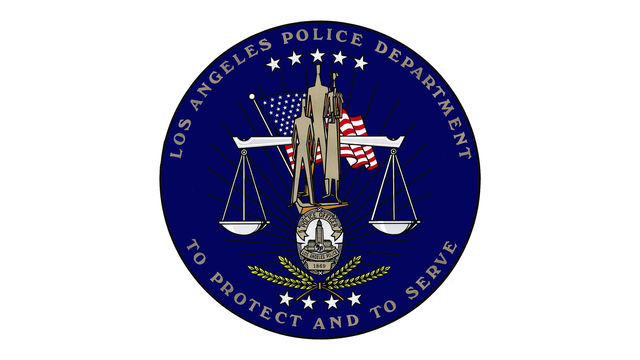
Police and People with Mental Illness: Avoiding Tragedy, Achieving Solutions
- This is a past program
Most American police officers are not trained as social workers, so when they encounter perpetrators and victims with mental illness, the consequences can be tragic.
We examine mental health, crime, and law enforcement with a panel of experts: Linda Boyd, creator of the collaborative SMART team, which pairs law enforcement officers with mental health clinicians; Mollie Lowery, supportive housing pioneer and founder of the Lamp Community; and Detective Paul Scire, officer in charge, Mental Evaluation Unit, Case Assessment Management Program of the Los Angeles Police Department. Moderated by Jorja Leap, executive director of the UCLA Health and Social Justice Partnership.
Los Angeles Poverty Department: 30 Years of Art and Urban Advocacy
Founded in 1985 on Los Angeles’s Skid Row by the performance artist, director, and activist John Malpede, Los Angeles Poverty Department is made up principally of homeless or formerly homeless people and has been an uncompromising force in performance and activism for almost 30 years. LAPD makes artistic work to change the narrative about people living in poverty, aiming to create a community of compassion and inspire the next generation of artists.
Believing change is about exchange, LAPD blurs categories and confounds expectations, bringing together arts organizations, social services, activists, and homeless people to speak out on issues such as housing, mental illness, the war on drugs, and mass incarceration.
All Hammer public programs are free and made possible by a major gift from an anonymous donor.
Generous support is also provided by Susan Bay Nimoy and Leonard Nimoy, Good Works Foundation and Laura Donnelley, an anonymous donor, The Samuel Goldwyn Foundation, and all Hammer members.
The Hammer’s digital presentation of its public programs is made possible by the Billy and Audrey L. Wilder Foundation.



